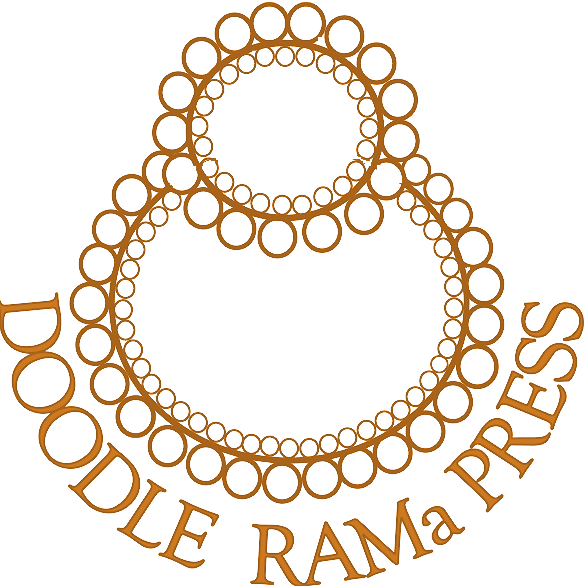I find myself in a difficult and disorienting battle—not against a person, but against the creeping horror of witnessing someone I care about slowly unravel. The individual I’m concerned with, someone deeply tied to me through karmic connection, is facing significant physical decline. I’ve done my best to prepare for the eventual departure of his body, but what unsettles me most is not the death itself—it’s the recklessness that precedes it. His refusal to accept his limitations has taken on dangerous forms. He insists on operating a broken-down vehicle, planning to move heavy, awkward objects at his storage space, even though his body is clearly no longer capable. He seems entirely detached from reality, unaware—or unwilling to see—how fragile he has become.
What haunts me most deeply is not just concern for him, but the fear of collateral damage. I fear he may inadvertently hurt or kill me, or worse, an unsuspecting stranger. It’s unsettling to admit that I feel more disturbed by the potential harm to others than by the idea of him harming himself. This indifference speaks volumes about how frayed our bond has become. I cannot stay connected to someone who is so thoroughly disconnected from his own mortality. It’s like watching a man with no legs argue he can run a marathon—and insist on doing it anyway.
My inner task is to remain steady, to cultivate a calm and undisturbed mind while witnessing what feels like a slow and deliberate self-destruction, cloaked in the illusion of accident. This “intentional accident” is the most terrifying kind of death: one that pulls innocent lives into its orbit. The energy of this situation is overwhelming—loud, unrelenting, and toxic to my well-being.
And yet, I know my way is one of fearlessness. Am I truly on that path? That remains the test. I remind myself: surrender the outcome to Hanuman, the divine servant. Let go. I can’t dwell for long in the dense mud-world of fear and chaos. I’ve learned that when sorrow is held, it festers and poisons life. But when joy is surrendered, offered up in devotion, the blessings return. This is the teaching of Bhakti Yoga: to create merit by surrendering joy to a higher presence—whether guru, Baba, or the vast and unknowable intelligence of the cosmos.
In this surrender, something profound awakens. It’s as though ancient codes within the DNA come alive, sparking fresh, wise thought. And from these thoughts, words and actions can arise in harmony. From harmony, happiness blooms. From happiness, joy. And again, we surrender. Thus, the wheel turns, life moves forward, and I hold on to my practice—one breath, one offering at a time.
